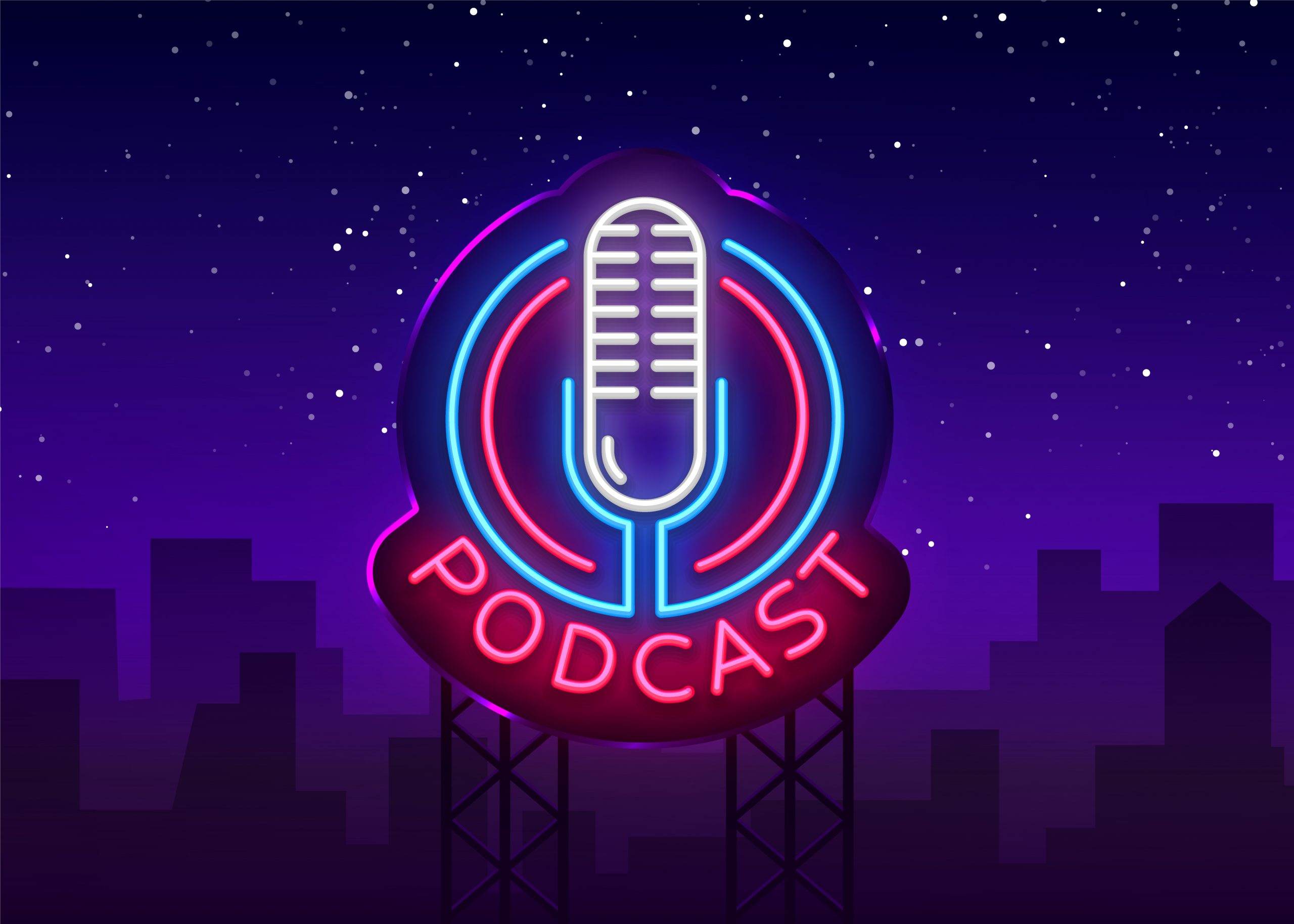If you’re anything like me, you get asked to explain what your podcast is about often. The majority of the population is just being introduced to the medium of podcasting, it is up to you to be able to explain your podcast to the best of your ability. So, what type of podcast do you have?
Topics & Themes
Begin by explaining what exactly your podcast is about, whether it’s movies, politics, music, or improv comedy there should be a steady through line of what your show is about. It’s possible to have multiple themes and topics, as well as no real theme or topic. A great example of a theme-less show would be the Joe Rogan Experience or the Monday Morning Podcast, both are tremendously successful but are better defined by their production style and host.
Production Style
If you have no specific theme or through line, you may be better off describing your show based off production style. The aforementioned Joe Rogan Experience is best defined as a long-form interview show, but not by any other characteristic. Shows like This American Life and Radiolab are best defined by how they are made.
This American Life uses a combination of interviews, music, and theatrical effects to tell a story rather than having an interview stand alone as the story. Shows like This American Life and Radiolab are story-boarded. This means they are built like television shows whereas interview shows are the result of an unscripted interview.
Radio shows are often re-purposed for podcast distribution, this style of production is best described as exactly that – a reformatted radio show.
The Slant / Point of View
Many podcasts are defined by the point of view they portray. For the average podcaster it’s not enough to simply record yourself speaking on one topic or the other. What is it specifically that you bring to the table? If you’ve got a local perspective that may be interesting to outsiders, flaunt that. There’s also a chance to examine popular stories or pop culture events from a different perspective.
Malcolm Gladwell’s podcast series “Revisionist History” takes the time to reexamine stories misremembered or that he feels were inadequately told. Gladwell dissects stories piece by piece and revisits the popular narrative, often times with the people from those stories. There are thousands of podcasts about sports and movies, but what makes yours pop? What is your slant?
Conclusion
In conclusion, it’s pertinent that your podcast has an identity long before you press record. Speak with intent and plan the story you’re about to tell. There are hundreds of thousands of podcasts on the web. It has never been more important to have a clear strategy and identity for your production.


 Our TOPPODCAST Picks
Our TOPPODCAST Picks  Stay Connected
Stay Connected